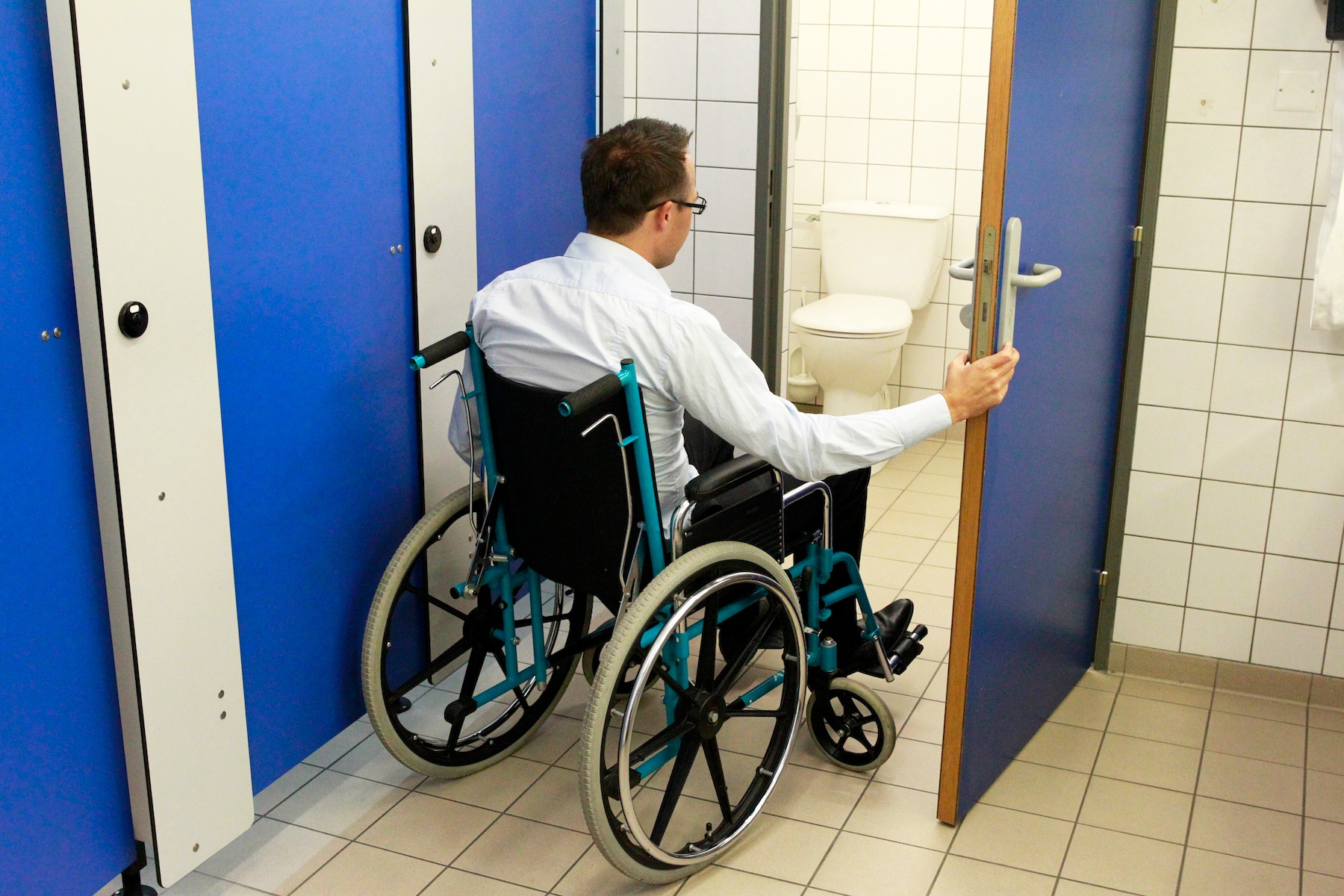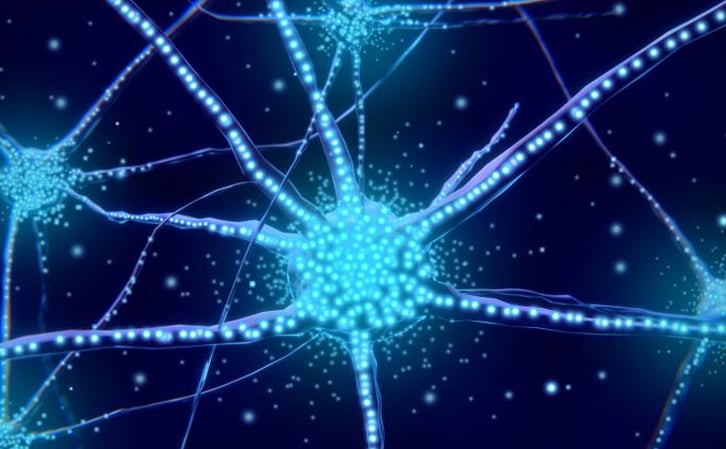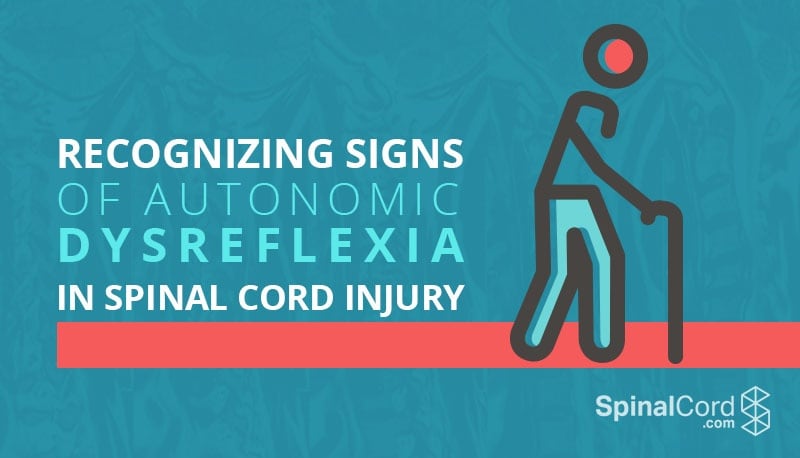Why Not Being Able to Walk Isn’t the Worst Aspect of Paralysis
When people think of paralysis, they automatically think of not being able to walk and having to use a wheelchair for the rest of their lives. While this is the case for some, can you believe that not walking again isn’t the worst aspect of life the spinal cord injury? Just ask those who live with paralysis. In fact, there are many more side effects of paralysis that are not only more frustrating but more life-threatening as well. See some of the worst of these side-effects below.
Reason #1: Autonomic Dysreflexia
People with spinal cord injuries are four times more likely to suffer from a massive stroke and this is partly due to autonomic dysreflexia, a condition that many people with spinal cord injuries at the T4 level and above are susceptible to. When any pain is perceived by the body where the person cannot feel, they will instantly have a massive headache and many other side-effects (sweating, reddened face) due to a spike in their blood pressure.
After a spinal cord injury, paralysis severely affects the autonomic system. The body is no longer able to regulate all of the functions the autonomic system is in control of. When pain is experienced by someone with paralysis, they will have instead get a headache due to the spiking blood pressure. It is prudent to remove the source of pain as soon as possible in order to stop the headache.
If left untreated, autonomic dysreflexia can cause a stroke. For many, they will experience autonomic dysreflexia from sex, going to the bathroom, tight clothing, and many more activities that the body will sometimes misinterpret as more painful then it actually is. Medication can be used to prevent this, but it isn’t always foolproof. Caution must always be heeded.
Reason #2: Bladder & Bowel

The bladder and bowel system becomes disconnected from the brain after a spinal cord injury.
This means people with paralysis are no longer able to feel when they need to empty their bladder or bowels. This can lead to a myriad of issues, including incontinence and need assistance with going to the bathroom on a daily basis for the rest of their lives. Catheter-use each day is required, which causes chronic bladder infections. Digital evacuation is required as well, causing chronic hemorrhoids. A loss of modesty is impossible to avoid after a spinal cord injury.
Reason #3: Chronic/Nerve Pain

Not all people with paralysis are numb and unable to feel the pain. Many people have incomplete injuries which means much of the spinal cord is still intact, leading to confused nerve signals. Nerve pain is one of the most common causes of pain. This is caused by the spinal cord being injured and misfiring pain signals. Chronic pain is also common. This can come from a variety of activities such as sitting all day, overuse of the shoulders, or pain in the bladder and bowel area.
Reason #4: Difficulty Achieving Orgasm

Although many people can feel pain, it is less likely for people to feel pleasure in their erogenous zones after a spinal cord injury due to the location of the section of the spinal cord that controls sexual functions (located at the very bottom of the spinal cord). Most people with paralysis have severely affected sexual function. In men, most are unable to get an erection without medication, and most are unable to achieve orgasm. For women with paralysis, although they can still have sex, many no longer feel pleasure and have difficulty reaching orgasm as well.
Reason #5: Skin Issues

Pressure sores are the hidden pandemic among people with spinal cord injuries. Poor seating, bad posture, and overzealous activities can lead to pressure sores that can upend people's lives and leave them on bed rest for several months. The skin becomes a delicate creature after a spinal cord injury and even the smallest injury can become a serious one. It is critical to stay on top of your skin at all times after a spinal cord injury.
While all the issues above are worrisome, they still do not do cover every side-effect of living with paralysis. Depression, kidney and bladder stones, high divorce and unemployment rates leading to loneliness and financial loss, and many more issues, all certainly give not being able to walk anymore a run for its money.
Stay Updated on Advancements On Traumatic Brain &
Spinal Cord Injuries
About the Author





